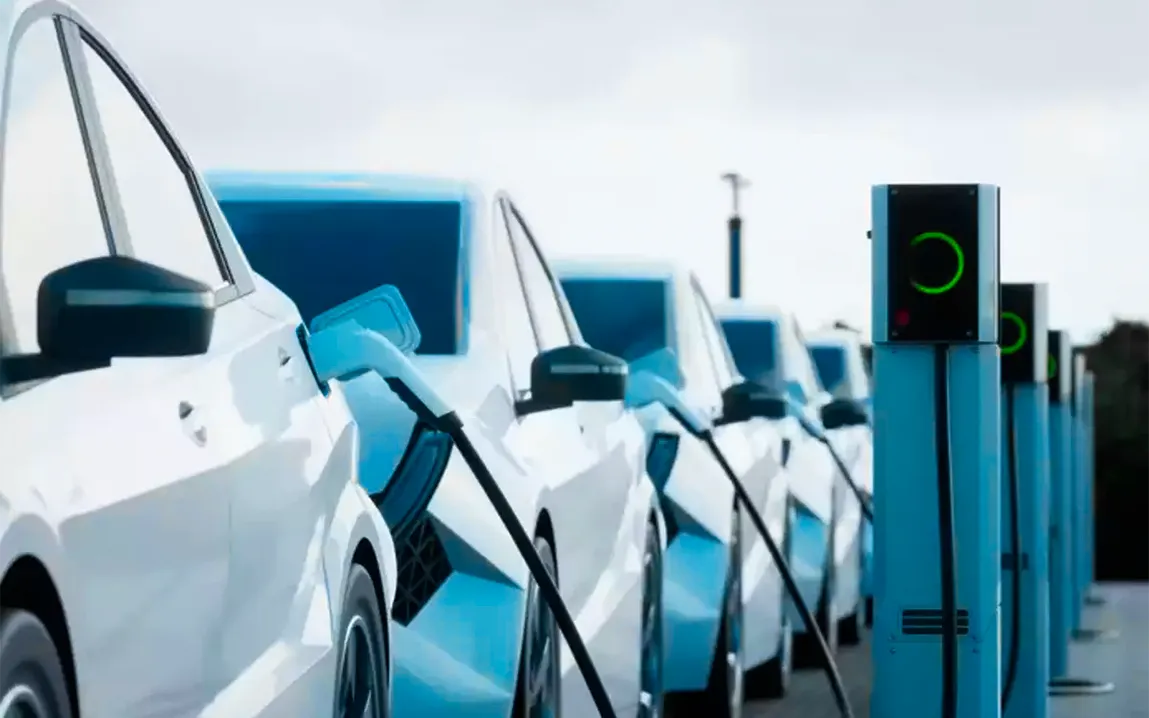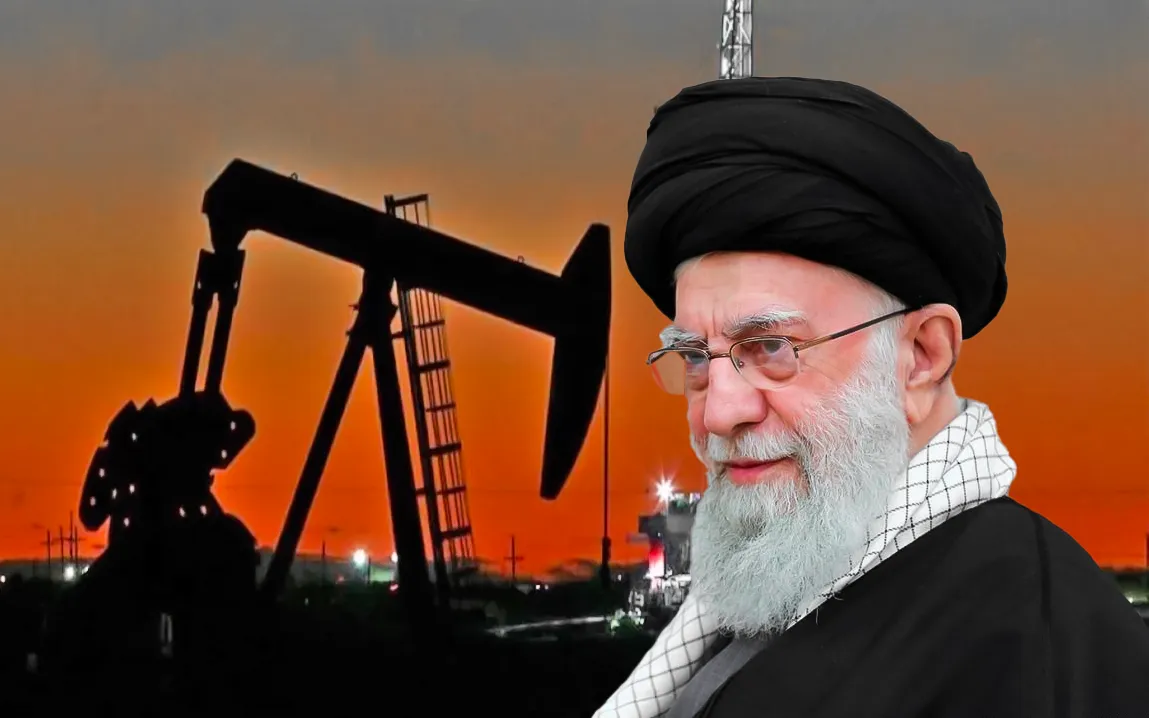The Federal Highway Administration has published its updated guidance for the National Electric Vehicle Infrastructure (NEVI) Formula Program on connector standards, proprietary adapter use, state plan requirements, exception processes, and fully built-out certification procedures as a way to accelerate nationwide electric vehicle charging infrastructure.
The Federal Highway Administration (FHWA) has issued updated guidance for the National Electric Vehicle Infrastructure (NEVI) Formula Program, including a comprehensive Q&A and detailed instructions for the fully built-out certification process. This effort is focused on improving the deployment of electric vehicle (EV) charging infrastructure across the United States.
Key Updates
Connector Standards: The rule affirms that connectors meeting the North American Charging Standard (NACS) may be installed with NEVI Formula Program or other qualifying Title 23 U.S.C. funds if each Direct Current Fast Charger (DCFC) port has at least one permanently attached Combined Charging System (CCS) Type 1 connector and meets all program requirements.
Proprietary Adapter Use: NEVI funds may be used to acquire proprietary adapters that are compatible with CCS connectors, approved by the charger manufacturer, fully integrated into the charger, and meet all NEVI program requirements.
State EV Infrastructure Deployment Plans: Under the law, State Departments of Transportation (DOTs) must prepare and submit annual Electric Vehicle Infrastructure Deployment Plans to the Joint Office of Energy and Transportation by August 1 of each year. In order to obligate the funds, states must get their plans approved by the FHWA.
Exception Requests: States may request exceptions to the requirements that charging infrastructure be installed every 50 miles along designated Alternative Fuel Corridors and within one mile of the corridor. Exceptions are made case-by-case for reasons involving grid capacity, geography, equity, and extraordinary cost.
Complete Buildout Certification: The policy lays down guidelines as for when the Alternative Fuel Corridors of a state are deemed fully built out, a requirement before being eligible to use the money from NEVI funds away from those corridors.
It is part of FHWA’s work to build out a reliable, accessible, and nationwide EV charging network through strategic deployment and transition the country to electric mobility while simultaneously reducing greenhouse gas emissions.



